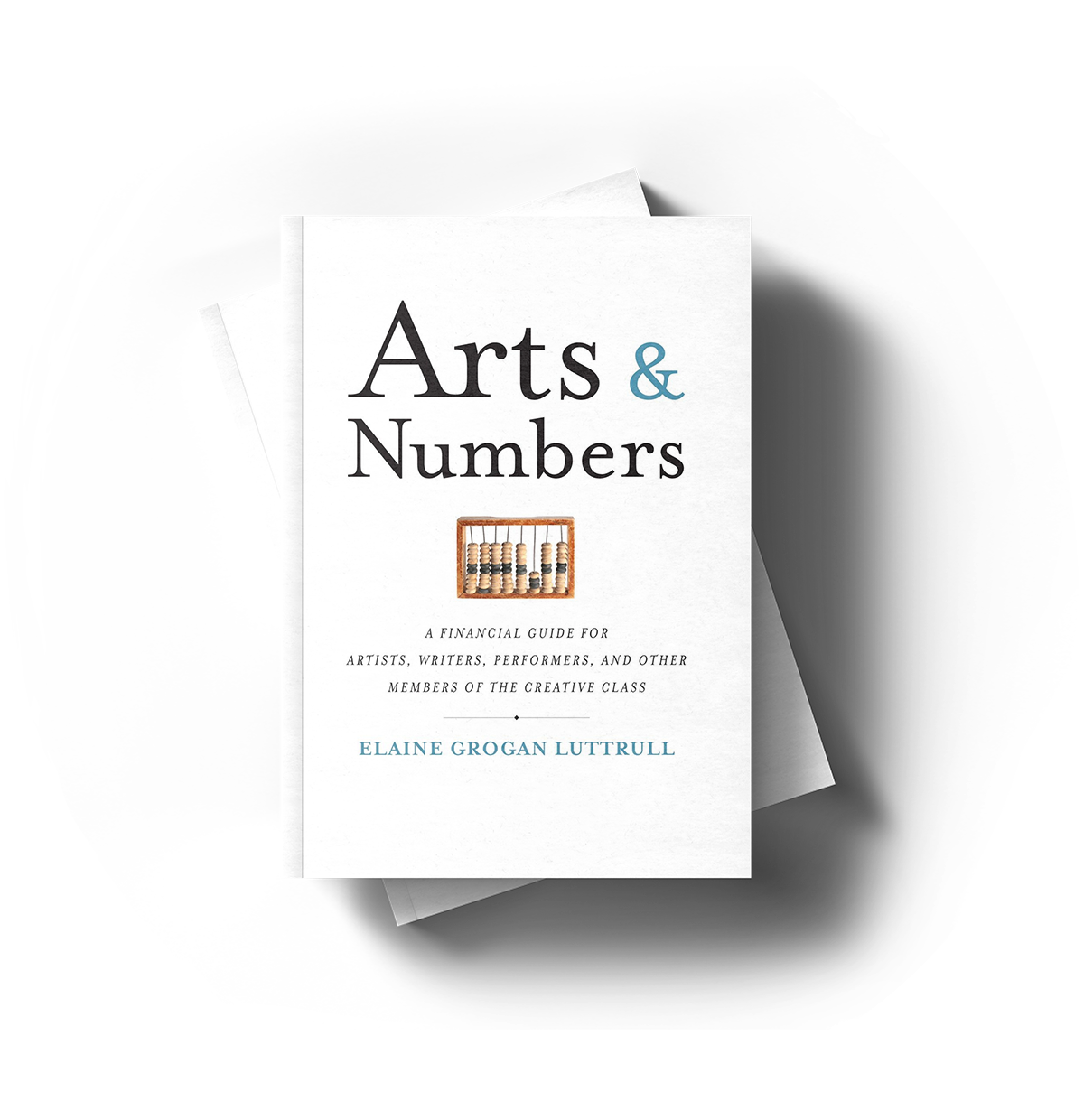May 8, 2017 • Musings

So insurance has been in the news lately, unfortunately. A few years ago, we talked at length about adjusting to the Affordable Care Act in terms of budgeting, managing cash flows, and reviewing basic needs.
Apparently we need to continue the conversation. But don’t let me alarm you: The bill that passed the House of Representatives last week may, in fact, be alarming, but there are still hurdles before it becomes law (if it becomes law). There are lots of very smart people in the health insurance space currently opining on this topics. May I direct you to some of them?
- Healthcare.gov: Healthcare.gov is the primary source for information about the Affordable Care Act. This is a good spot to start your research.
- Kaiser Family Foundation: The Kaiser Family Foundation was instrumental in helping everyone adjust to the last marketplace shake-up. I’m certain they’ll do so again.
- Fractured Atlas: Fractured Atlas provides tons of informative resources for artists. Bookmark their page and visit it often.
If you feel so inclined, may I suggest you phone your representative and senators as well? If you like their work, let them know. If you aren’t super crazy about their votes of late, let them know that too. And then vote.
But you know my theory: Focus on what you can control. In the spirit of perseverance, let’s talk about what you should think about when it comes to insurance.
Yourself
Make sure to protect yourself. This definitely includes health insurance of some sort. It also may include disability insurance. And it definitely includes appropriate budget strategies for protecting your time (sleep, exercise, time with your support system) and your money (paying for insurance, housing, food).
Strategies for protecting yourself also include an emergency reserve fund, and some measure of financial stability. You’ll want a bit of this. And it is part of protecting yourself… If only your sleep.
Your Stuff
What crucial assets do you have that require protection? Think about high-dollar assets (home, car) and also assets that are crucial for your work (computer, equipment, instrument). Many of these crucial assets are not normally covered as part of your homeowner’s (or renter’s) insurance. So check. And if they aren’t covered under your insurance, investigate a rider option to ensure you have the coverage you need.
The same may be true of your inventory. Make sure your works are cataloged and photographed, and ensure all the relevant information is captured. It’s also worth investigating whether or not your inventory is covered under your homeowner’s insurance, your renter’s insurance, or your studio’s insurance. Make sure it is. (The same is definitely true if you use an external storage facility.)
Your Creativity
In the United States, intellectual property laws protect the creator of works, thanks to copyright, patent, and trademark laws. But it is crucially important to know which area of intellectual property rights apply to you, and what exactly you need to do to enforce those rights. (Because even if they exist, it’s often up to you to enforce your own rights.)
You also want to think through strategies for protecting your creativity when it comes to working with clients. You should always use a contract (always), and the sooner you start, the sooner you can start adding language based on your own learning experiences.
Common protection clauses may often include clauses about rush fees, changes (limits to the number of changes and the cost for changes beyond that limit), and non-payment fees. Don’t be afraid to protect yourself. But do it nicely. After all, you still want the business.
Your People
Make sure those around you are protected. If you have employees, you are required to maintain worker’s compensation insurance. Do that. If you don’t have employees, think about the others around you worth protecting. What about your contractors? Just because they aren’t entitled to legal protections doesn’t mean you shouldn’t protect them.
What about your family? Or your friends? Or your kids? Make sure your will is up to date, and if you choose to have a power-of-attorney, make sure that is up to date as well. If you are the primary breadwinner in your household, you may want to consider disability or life insurance as well, in case you become incapacitated.
And does your primary survivor (your spouse, your partner, or someone else close to you that you trust) know how to access your bank accounts, online accounts, and crucial documents? You may not be able to provide directions if you need their help.
Protection
It isn’t always pleasant to think about the worst-case scenarios. It’s much more pleasant to assume things will work out in the end, and one of the hallmarks of being an artist is the perseverance and grit to force things to work out. But thinking through protection strategies for yourself, your stuff, your creativity, and your people before you actually need the protection will help you sleep well tonight.
Maybe as well as a baby leopard.


